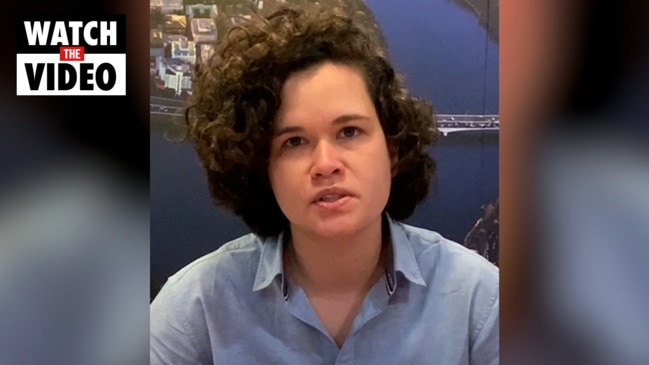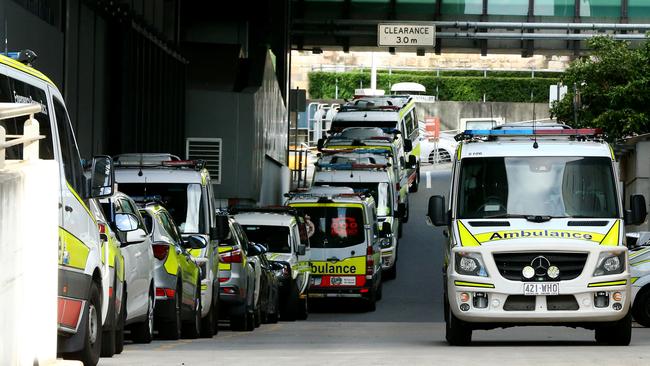Time to spend money on fix Queensland’s health system
Health workers are keeping the moving parts of our underfunded, under-resourced and outdated system together by the skin of their teeth. But it’s a buckling system that needs to change, writes Madura McCormack.

QLD News
Don't miss out on the headlines from QLD News. Followed categories will be added to My News.
Every person who rings triple-0 in urgent need of an ambulance expects help to be on its way within minutes.
Or that when paramedics are hurtling down the highway to the nearest hospital they will be met by emergency department doctors and nurses on arrival.
An explosive 535-page Queensland Ambulance dossier has revealed instances, some of them deadly, where this is far from reality.
In almost every case where a Queenslander did not get the urgent care they needed in time, paramedic workload, hospital ramping, or staff shortages was a factor.
There is no doubt the frontline superheroes at QAS are doing the best they can each and every day. But even the finest ambulance service imaginable cannot work effectively in a buckling system.

This is not an ambulance crisis, rather a symptom of a deep, long-running, critical health crisis.
Health workers – including paramedics, doctors and nurses – are keeping the moving parts of this underfunded, under-resourced and outdated system together by the skin of their teeth.
They are doing so at the expense of their own health and wellbeing – physical, mental and emotional.
Any politician who reacts to the shocking dossier revealed on Friday by recommending extra resources to QAS in isolation, and ignoring the bigger picture, is effectively slapping a Band-Aid on a gunshot wound.
Any politician that points the finger at Covid-19 without acknowledging the pandemic was a catalyst, not a cause, of a health system on the brink is being deceptive.
Our leaders need to stop treating the symptoms in isolation and start plotting a major multibillion-dollar realignment of the health system so that adequate and timely care is accessible to everyone.
It is the only proportionate response considering the decades of failures, from all shades and levels of government responsible, to properly prioritise, fund, and resource the system despite repeated pleas from the health experts working within it.
And this needs to happen now, because lives are at stake.




